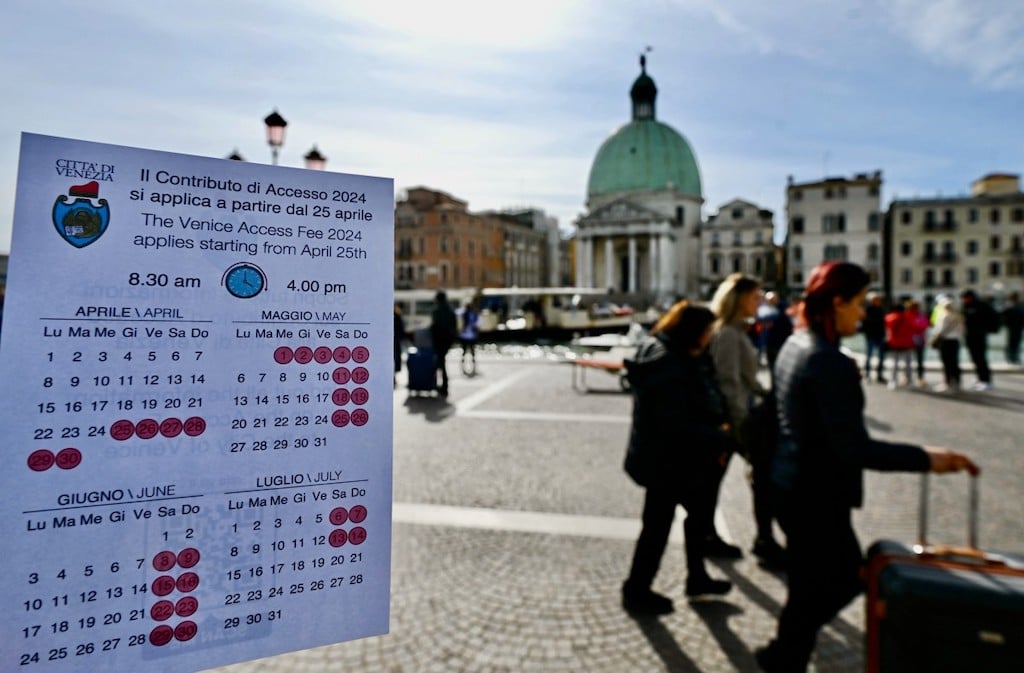Netherlands-based Booking.com, one of the global giants of hotel reservations on the web, has “failed to apply the tax on brokering of rentals
of private homes and guest rooms,” stated Italian Guardia di Finanza (financial police) in the city of Genoa.
Covering the years 2013 to 2019, the investigation “revealed a large-scale tax evasion of more than 150 million euros of VAT,” said the statement.
Over the six-year period, Booking.com should have paid more than 153 million euros in VAT on 700 million euros in commissions in Italy, according to police.
READ ALSO: Italy tops the table for tax dodging in Europe – again
A spokesperson from Booking.com said the company was studying the VAT audit report furnished by Italy.
“In line with applicable EU VAT law, it is our position that all of our partners in the EU, including in Italy, are responsible for self-assessing local VAT and remitting this to their respective government,” the spokesperson said.
Founded in the Netherlands in 1996, the subsidiary of US Booking Holdings (formerly Priceline Group), was audited over its activities in France from 2003 to 2012 and ordered in 2015 to pay 356 million euros in past tax due.
Booking.com had argued the taxes claimed by French tax authorities were paid in the Netherlands, which has a lower corporate tax than France.
In early June, the platform said it would reimburse the Dutch government 60 million euros in aid received during the coronavirus pandemic, after an outcry over the company’s payment of 28 million euros in bonuses to its executives.




 Please whitelist us to continue reading.
Please whitelist us to continue reading.
Member comments